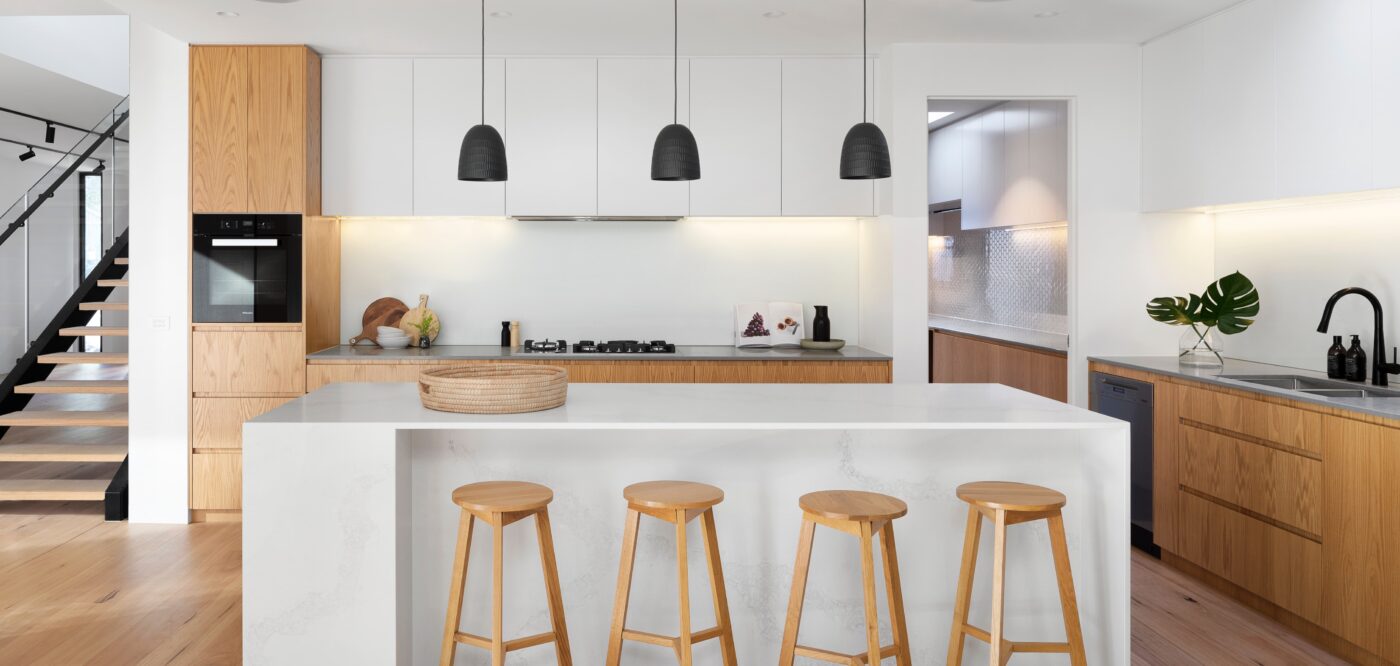To prepare for a kitchen renovation project, the best thing you can do is to avoid denial about the fact that your kitchen will be torn apart and to be prepared by taking the right actions in order to ensure a smooth renovation process as much as possible.
The majority of the things you need to prepare for can be classified into either of these two categories in general, but the best thing you can do to ensure you will be ready on the first day of construction is to follow these steps:
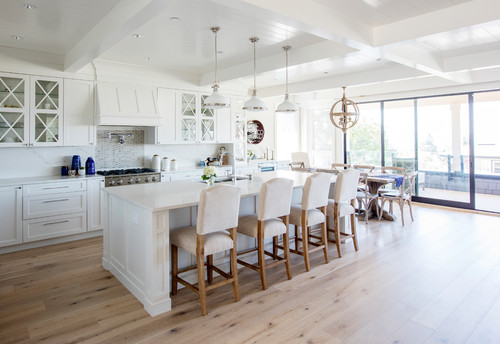
1. Prepare a List of Items You Will Need on Site When Construction Begins
You should order your sink and faucet as soon as possible, and then have them delivered. When the work season begins, things become a little more hectic – actually, they become a lot more hectic. You will feel stressed when things like ordering a sink slips by your fingers, and you find yourself scrambling when the contractor needs something.
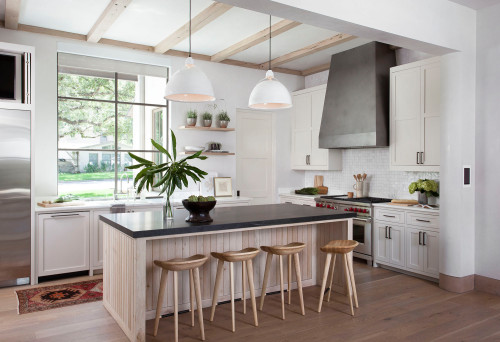
2. Communicate Your Expectations to Your Contractor
As the owner or client, you have an obligation to tell the contractor or other professionals what you expect them to do for you, it is also their responsibility to let you know what are realistic expectations. This will make for a happier client and a pleasant process overall, and you will be pleased with the results.
In the end, it’s the homeowner’s decision to control how quickly the process moves. Putting too much time into the decision-making process can cause a significant delay in the process.
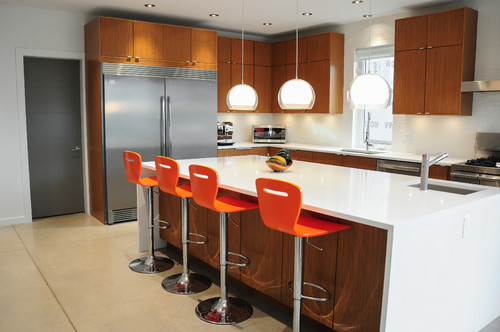
Don’t forget to be nice to the neighbors and tell your contractor to do the same as well. It is a good idea to inform your neighbors about the upcoming construction project and tell them that there will be crews around the area. They can contact you if they have any issues. It is common for neighbors to complain about noise, debris, and deliveries blocking the street.
Organize a weekly construction meeting, so you can stay in touch with your contractors and the other professionals involved in the project. You may not need a meeting every week, but it can be set up on your schedule, if you need one.

As you begin your search for a contractor, here are a few things to consider and discuss with them.
- How long construction will last.
- What you can do to guard against delays. Oftentimes this means having all the products onsite and not designing in the field and making changes.
- Taking care of dust. What will be done in order to separate the construction from the rest of the house?
- What is the plan for the debris removal? Will you be using a dumpster, or will you be storing the debris in the garage and removing it in phases?
- How will the crew be able to use the site? Will there be staging areas for tools, cutting wood and tile? And will there be bathrooms for the crew?
- Expectations regarding clean up at the end of each day. There are contractors that clean up at the end of each day, and there are contractors who do not. Communicate what you require, but also understand that some requests may result in an extra cost.
- In the event that you need to be out of your house during the refinishing of floors, how long will you have to be out of the house for? What products will be used? Are they considered low-VOC products?
- Hours that are OK for the crew to work. Can they work Saturdays? Arrange for things like keys and alarm codes.
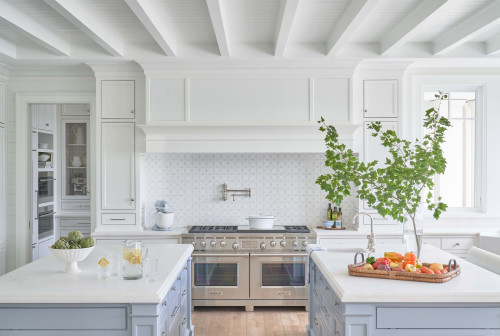
3. Empty Out Your Cabinets
As soon as you take care of business, it’s time to get your hands dirty. Rather than dreading this task, make this an opportunity to do some serious cleaning. Getting everything done now is much more enjoyable than waiting until the end to empty everything. If you have a lot going on in your life, you can always put it off until a later date. If you do not have enough time to do this now, you can always come back to it later.
If you are storing items for a few months that you will not be using, you should put them in boxes or even better, plastic bins with lids to protect them from dirt and dust for the duration of the storage period. It is a good idea to separate out the items you will be using in your temporary kitchen: knives, coffee mugs, food you will be eating, and even wine glasses. Who says you have to drink the entire time from plastic cups?
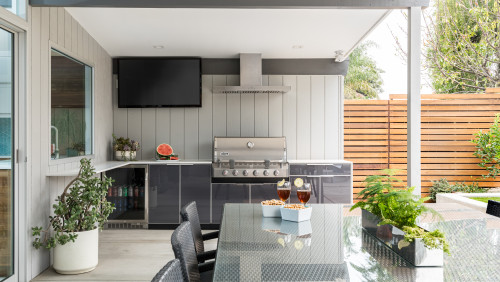
4. Set Up a Temporary Kitchen
When it comes to your temporary kitchen, there is nothing that can match an organized, prepared approach. If you try to set up an interim kitchen half-heartedly, you will only make things worse. Experimenting with temporary kitchens is not wise. It’s important to have a place to make a cup of coffee or a snack, especially if you have little ones around.
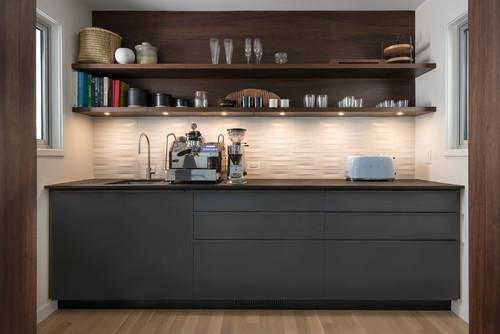
Think about setting up your temporary kitchen the way you would a real kitchen, in stations.
- Having a station set up for cooking and preparing food is a great idea. Include a microwave, a toaster oven, and even a hot plate if that’s something you’ll use often. A large cutting board can also be placed on the counter for making sandwiches and cutting fruit.
- Have the contractor set up your old refrigerator in the temporary kitchen area.
- Store food in large, clear plastic bins with lids under the table.
- Think of your temporary kitchen as a camping site, picnic spot or party spot; the more organized and nicer it is, the more relaxed and happy you will feel during construction because there will be an area where paper plates, napkins and utensils are laid out.
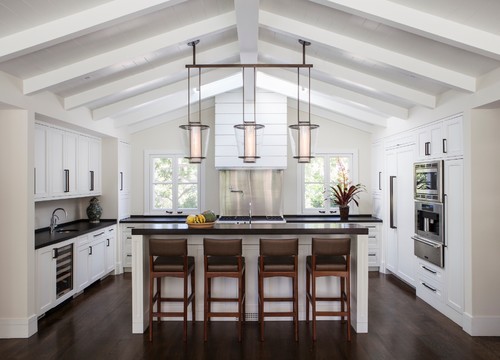
Looking for the best tips and tricks to get your kitchen renovation off to the right start? Contact our team today and find out how we can help.
